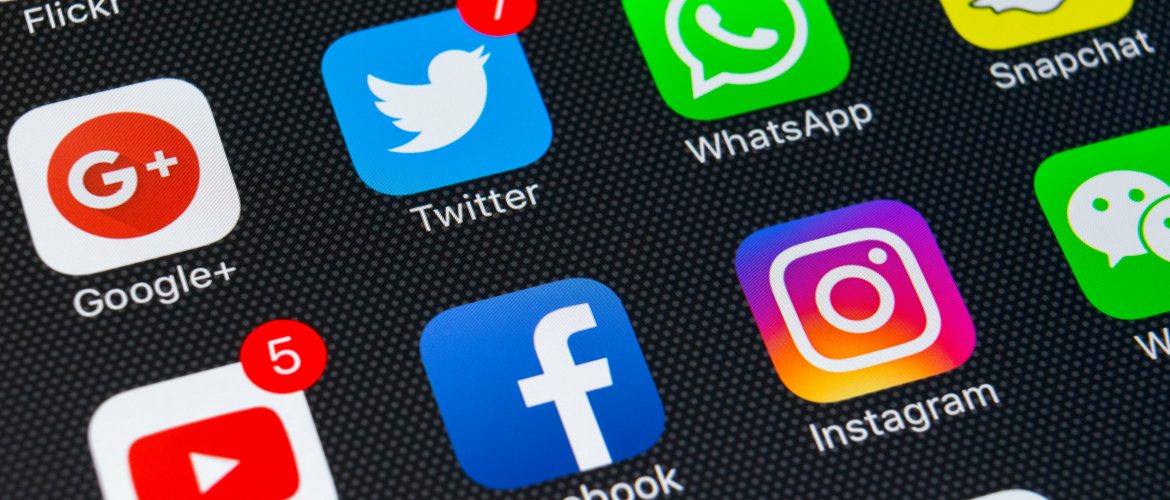Two recent cases highlight the importance of skilled nursing facilities maintaining and enforcing social media policies and procedures, and proactively educating staff in acceptable practices.
In one case, a hospital employee posted a photo on Instagram of a young man shortly after he had been airlifted to the emergency room for treatment of his injuries in a motorcycle accident. The employee posted the photo with emoji symbols and tagged a coworker in the post. The young man later died from his injuries, and his father is suing the hospital for medical privacy violations, negligence, and infliction of emotional distress.
In the other case, a hospital employee posted a video to Twitter that appears to mock the sound of a patient in pain. In the video, the emergency room technician looks into the camera and appears to be annoyed as the patient can be heard groaning in pain offscreen. The caption for the video was, “When a patient has poor coping skills.” The employee identified in the video is being investigated for violating the hospital’s patient privacy and social media policies.
Facilities’ social media policies should be detailed and thorough, and include scenarios that staff are likely to encounter while engaging in social media. Staff should be aware that if they violate the facility’s social media policy, they can be subject to discipline, up to and including termination for a first offense.
Issue:
Residents have the right to privacy and confidentiality (F583) and to be free from abuse and exploitation (F600). Photographs or recordings of a resident and/or his or her private space without the resident’s, or designated representative’s written consent, is a violation of the resident’s right to privacy and confidentiality. Examples include, but are not limited to, staff taking unauthorized photographs of a resident’s room or furnishings (which may or may not include the resident), or a resident eating in the dining room, or a resident participating in an activity in the common area. Taking unauthorized photographs or recordings of residents in any state of dress or undress using any type of equipment (for example, cameras, smart phones, and other electronic devices) and/or keeping or distributing them through multimedia messages or on social media networks is a violation of a resident’s right to privacy and confidentiality. Mental abuse includes abuse that is facilitated or enabled through the use of technology, such as smartphones and other personal electronic devices. This would include keeping and/or distributing demeaning or humiliating photographs and recordings through social media or multimedia messaging.
Discussion Points:
- Review your policies and procedures on social media. Update as needed.
- Train staff upon orientation, annually, and as needed on your social media policies. Document that these trainings occurred and file the signed document in each employee’s education file.
- Periodically survey employees to ensure that they are aware of the facility’s social media policies and that they understand their responsibility to report any inappropriate posts to their supervisor, the compliance and ethics officer, or via the anonymous hotline.












































































